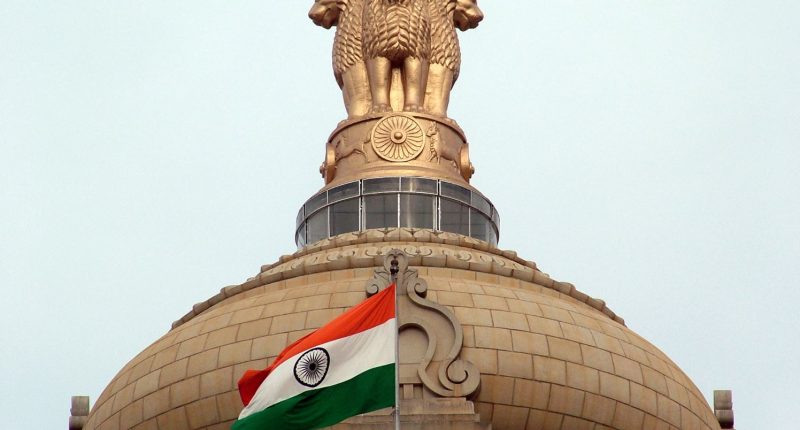The current e-commerce age has highlighted a great drawback that comes with online shopping – customers have no opportunity to physically view or examine the product. Thus, the entirely virtual shopping experience means that they have to fall back to reviews posted on e-commerce platforms to gain an idea about the product by reading the opinions and experiences of those who have already purchased the goods or services.
Which is fine, except not all reviews of goods and services speak the truth, and often mislead customers into purchasing those goods and services with fake reviews. This is something that the Indian government is working to amend, and now, it seems to have moved on the regulatory side for the same.
Indian government is set to introduce a new set of rules and guidelines to crack down on fake reviews and unverified ratings, thereby protecting the interest of consumers and preventing them from getting duped, said Rohit Kumar Singh, Secretary, Ministry of Consumer Affairs. The framework will span across fake reviews and unverified ratings alike in e-commerce websites such as Flipkart and Amazon, as well as hotel and travel booking platforms, websites of restaurants and eateries, as well as websites of entities offering consumer durables.
The rules and guidelines will be effective from November 25, and are detailed in the framework titles “Indian Standard (IS) 19000:2022 ‘Online Consumer Reviews — Principles and Requirements for their Collection, Moderation and Publication,” which will be managed by the BIS. With only true reviews remaining on platforms, e-commerce will provide a more authentic virtual shopping experience, one that is less misleading and deceptive to users. The frameworks for fake review management will be published next week, and it would be voluntary in its early stages and will gradually be made mandatory.
The framework is the result of the findings of a committee that was set up by the Central government in June 2022, which contained the representatives of e-commerce firms, Advertising Standards Council of India (ASCI), CII and others.
The framework requires platforms to set up review administrators to moderate reviews and remove biases and restrict fraudulent reviews. The authors of the reviews will be required to verify their identities via email addresses, SMS or phone call, using a Capcha system, or others. They are also forbidden from editing their reviews and using foul language. It is up to the platforms to restrict authors who provide fake reviews from publishing the same in the future.
As per the framework, the BIS will assess the compliance of the guidelines with the help of a Conformity Assessment Scheme, which shall be formed for the standard within 15 days. The review administrator is also tasked with safeguarding the personal information of users and training their staff.
“I think we are the first country and I qualify that statement subject to my knowledge, which is working at [the] standard, and we will take the standards route,” Singh added.
“The new guidelines for online reviews are designed to drive increased transparency for both consumers and brands and promote information accuracy,” said LocalCircles founder Sachin Taparia, who was a part of the committee.
“As far as platforms like Google and Facebook go, the new rules will require them to validate the real person behind the review through specified 6-8 mechanisms which means fake accounts created just for review writing will go away over time or won’t be able to review,” he added.
The Tech Portal is published by Blue Box Media Private Limited. Our investors have no influence over our reporting. Read our full Ownership and Funding Disclosure →






